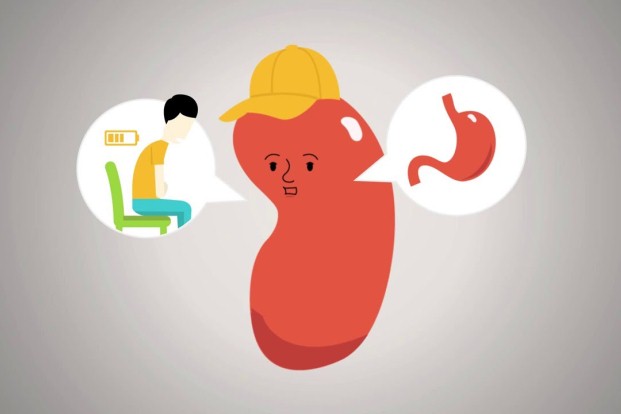Causes of Kidney Diseases
Apr 19, 2022
Our kidneys are small, however, they perform several vital functions which assist in maintaining our overall health, including filtering of waste & excess fluid from our blood. Serious kidney disease could result in complete kidney failure and then the requirement of dialysis or even a kidney transplant could arise. Effective treatments are available for several kidney diseases however early detection and timely treatment is essential.

Causes of Kidney Disease:
In India, the two leading reasons for kidney failure which is also known as end-stage kidney disease are Adult Onset Diabetes or Type 2 Diabetes & High Blood Pressure. When these two diseases can be controlled through treatment, the related kidney disease could often be slowed down or prevented.
The third leading reason for end-stage kidney disease in India is glomerulonephritis which is a disease which damages the filtering units of the kidneys. These units are known as glomeruli. In several cases, the reason for the disease remains unknown but some cases could be inherited & others could be triggered by some infection.
Some other diseases which could affect our kidneys include kidney stones, infections and inherited diseases like polycystic kidney disease. The kidneys could also be damaged due to overuse of over-the-counter painkillers & by consuming illegal drugs like heroin. Some of the diseases could be cured. In other cases, the treatments could assist to slower the disease & prolong a life.
How to prevent and manage Chronic Kidney Disease?
Use the right medication – Several effective drugs are available for treating high blood pressure. Additionally, some healthy changes in lifestyle like weight loss & regular exercises often assist in controlling and event prevention of high blood pressure.
Keep a check on your diabetes and BP – Careful control of the blood sugar levels in diabetics assist in the prevention of such complications like kidney disease, stroke, and coronary heart disease. When a diabetic individual has high blood pressure, special drugs known as ACE or angiotensin-converting enzyme inhibitors could assist in the protection of their kidney function.
How is Chronic Kidney Disease diagnosed?
End-stage kidney disease takes place when around 90% of the kidney function is lost. Individuals with kidney failure could experience vomiting, nausea, fatigue, weakness, difficulty concentrating, confusion & loss of appetite. It could be diagnosed through blood and urine tests.








